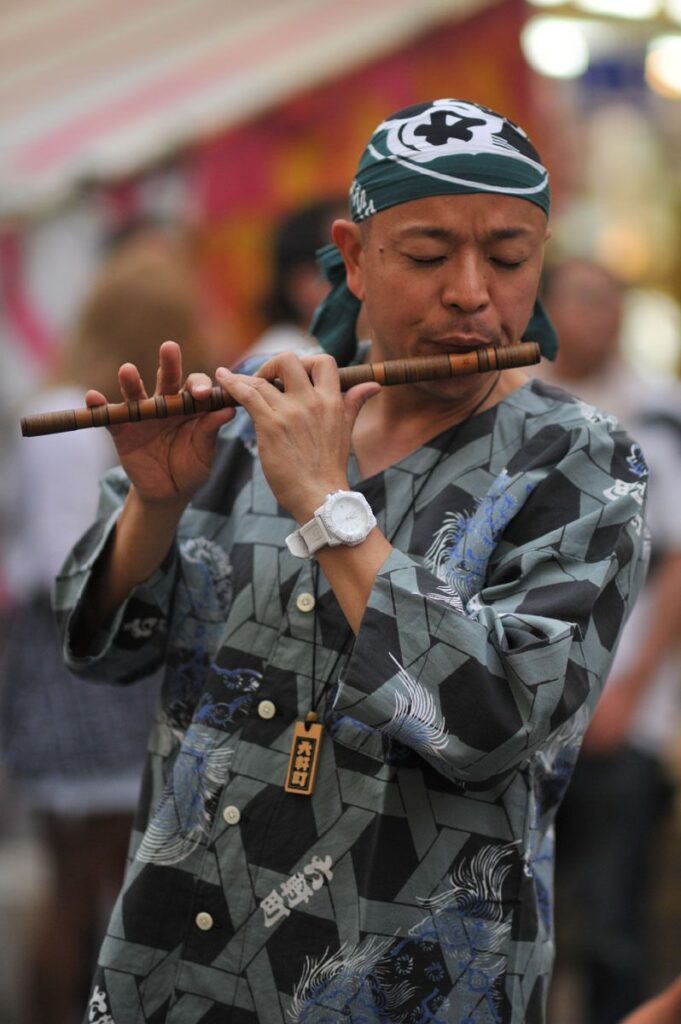In Africa, music is more than just sound—it’s a powerful form of identity, celebration, and healing. Today, music therapy in Africa is transforming these rich traditions into modern tools for emotional and mental wellbeing. From the beating of drums in rural villages to the vibrant harmonies in urban choirs, music shapes the continent’s cultural and spiritual life, now reimagined as a therapeutic force.
📈 The Rise of Music Therapy Across Africa

As mental health awareness continues to grow across Africa, communities are increasingly embracing music therapy as a reliable form of support. In countries such as Kenya, Nigeria, Uganda, and South Africa, music therapists often collaborate with local healers to help individuals express emotions and recover from trauma.
For example, in refugee camps and post-conflict zones, facilitators organize drumming circles that allow people to release stress and reconnect socially. Likewise, community choirs offer safe spaces for individuals facing depression to rediscover hope and feel a sense of belonging. These sessions do more than offer relief — they help restore trust, rebuild bonds, and renew self-confidence.
🎶 Why Music Therapy Resonates in African Communities
One major reason music therapy thrives in Africa is because it respects tradition. For generations, African societies have used music to tell stories, perform rituals, and aid healing. Today’s music therapists continue this tradition, but in a more structured and intentional way.
Furthermore, music in African culture is often communal. People sing, drum, and dance together. Because of this, therapy becomes collaborative and less intimidating. Instead of isolating individuals, it encourages participation, belonging, and support — even when someone doesn’t want to speak about their pain.
💚 Real-World Impact: Healing Beyond Words
Music therapy brings tangible change in several ways:
In trauma recovery, survivors engage in songwriting and rhythmic exercises to express difficult emotions.
For children with autism, therapists use repetition and melody to improve focus and emotional responses.
To reduce anxiety and depression, calming musical activities provide a healthy way to release emotional tension.
Additionally, in areas where clinical therapy may not be accessible or culturally accepted, music therapy offers a familiar, non-invasive path to healing.
🎼 Vaibhav Sontakke: A Global Influence from India
An inspiring figure in the world of holistic music therapy is Vaibhav Sontakke, a renowned Bansuri (flute) artist from Navi Mumbai, India. He blends Indian classical ragas with Tibetan sound healing techniques to support recovery from anxiety, chronic fatigue, and emotional imbalance.
He conducts therapy sessions in hospitals, wellness centers, and spiritual retreats. Through his unique approach, Vaibhav has demonstrated how music, when used mindfully, can be a powerful tool for healing. His methods have even influenced therapists in African communities, encouraging the adoption of culturally aligned practices in mental health care.

⚠️ Challenges in Music Therapy Adoption Across Africa
Despite its growing popularity, music therapy in Africa still faces several challenges. In many regions, there are too few trained professionals, and governments have yet to fully endorse it as a recognized health practice. Moreover, mental health stigma continues to discourage some individuals from seeking help.
Nevertheless, progress is being made. NGOs, universities, and independent artists are launching awareness programs and training initiatives. As a result, local musicians and health professionals are working together more often, paving new paths for holistic healing.
